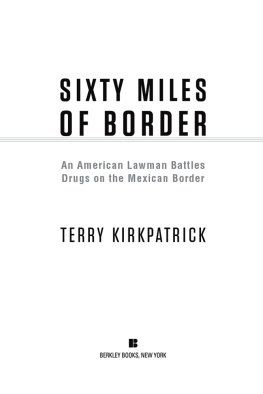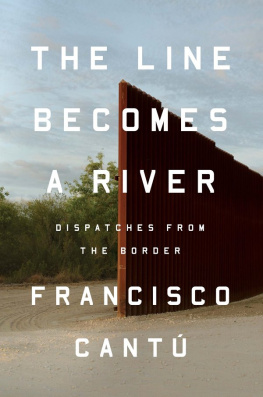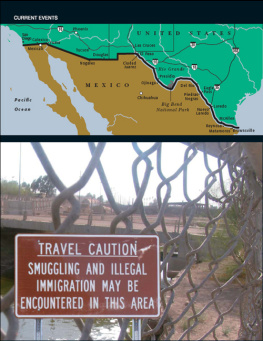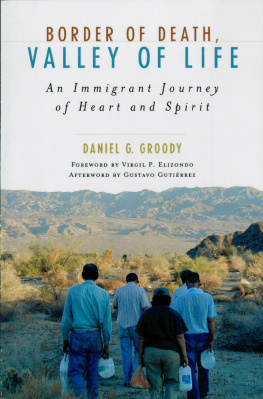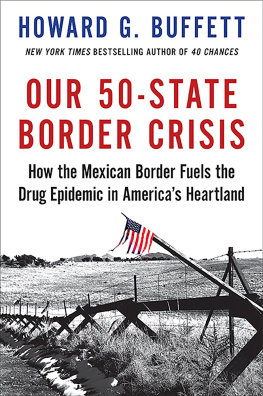Prologue
T HE A MAZON B ASIN
T he human target clawed up the mud-slick walls of the Xingu River; slipping, sliding, desperate. He heaved himself upon the bank, where he collapsed facedown and lay gasping. After a few minutes, his face half-submerged in a puddle of brackish water, he managed to roll over onto his back. The red equatorial sun flamed directly overhead, achingly bright. When he squeezed his eyes shut, it was doubly painful; one burning red orb scorched each eyelid.
The drums began again.
Kill you. Kill you.
The two-note drumbeat was growing louder, he thought. His fevered mind was no longer really sure of anything. Louder meant closer. Yes. His tormenters were still gaining, coming ever nearer. Just across the river now, were they? He pulled his bare and bloody knees up against his chest and wrapped his thin arms round them, trying to curve himself into a ball. His muscles screamed in protest.
He covered his face with his hands, allowing himself for a moment the childish hope that he might just curl up and disappear.
Kill you. Kill
Magically, the drums had stopped. The Indians had stopped at the river! Turned back, for some mysterious reason. Retreated into the jungle thicket. Or, perhaps hed only slept and the drums had ceased while he was unconscious. He was never sure anymore, really. Modes of existence merged seamlessly. Reality had become unreal. Was he running? Or, dreaming of running? Awake? Asleep? Daydreaming of sleep? It was all one and the same blur.
A plaintive howl had startled a dozen or so lime-colored birds chirruping in the trees above him. They instantly flew away. Odd. The wavering cry seemed to have sprung from his own lips.
He knew he had at last reached the nadir. His captor had succeeded in turning him into a howling monkey. A low groan escaped him as he dug into the muck with both hands. Scooping up handfuls of the slimy gruel, he slathered a thin paste of cool mud onto his arms, his burning cheeks, eyelids, and forehead. It afforded him some small measure of relief.
After months in captivity, the mans skin was preternaturally pale. His waxy, deathlike appearance was accentuated by chronic dysentery and the resulting loss of blood. The man was naturally fair, and black-haired. Now his hair was long, falling in a wild tangle, and his nearly translucent skin was a delicate alabaster. After long months in the eternal semi-darkness, his once startling blue eyes had faded to a dull, whitish shade.
The present nightmare had begun months ago. Perhaps six months, perhaps more. He might well have lost track at some point. Slipped his moorings, crossing the bar. He no longer had any sense of time. Besides, what did it matter, when every day was a monotony of hunger and pain? He sometimes longed for some fresh hell to lift him out of the current one. The Indian drums had put paid to that foolish desire.
Since the ill-fated morning his scientific expedition had first met disaster on the river, and the subsequent personal trials he had endured in the jungle, the tall, gaunt white man had been living in a world of almost continual darkness. He had not been tossed into some underground dungeon where no light filtered through. His prison bars were made not of iron, but of wood.
The terrorists slave labor camps were deep within the rain forest. He had spent his days and nights beneath trees the likes of which hed never seen. At their very top, some two hundred feet over his head, these impossibly vibrant organisms formed a nearly solid canopy of green. Even in the brightness of noon, only trickles of watery sunlight ever filtered down into his great green prison. The absolute gloom of the place, at all hours of the day, was nearly unimaginable.
Alone in the pit, his mind would drift to a treasured book from a boyhood long ago, the story of an innocent man likewise imprisoned in a world of darkness for crimes he had not committed.
I am lost, the hero of his book had said, a kindred spirit alone with his shadows. The books title now slid into his mind. It was so perfect a description of his current circumstances as to be almost laughable.
Darkness at Noon.
The runaways scruffy, lice-infested black beard reached well below his sternum. His wild black hair, which fell to his waist, was tied with a strip of canvas into a tail at the back of his head. He was, as the old expression had it, skin and bones. He knew he would be unrecognizable should he miraculously chance upon a sliver of broken mirror, or, in his wildest moments of delusion, some familiar soul.
His only clock was an occasional glimpse of the moon. He had seen, he guessed, at least six full ones. He had lived, by this lunar reckoning, for more than half a year in a place where life was sometimes cheap but more often worthless. In the foul hovel where he slept and slaved, the solid canopy of trees kept his entire camp completely hidden from the sky.
He hated every waking hour but most of all he loathed the temperature drop at nightfall. The pitch-black nights were spent in a cold hell that had nothing to do with sleep, peace, or dreams. His home, before hed managed to escape, had been a shallow pit, a dank hole hed shared with others of his ilk, men whose names he did not know. At the bottom of his pit, where he slept and ate and defecated, a fetid pool of water. It was bone-cold in that pit.
At night, a makeshift thatch of palm kept most of the nocturnal vampire bats away. But not all.
During his captivity, he had managed to close his eyes for only three or perhaps four hours per night. Mosquitoes stabbed at flesh rather than biting it, and swooping vampire bats seemed to favor a spot just below his right earlobe. It made sleep impossible.
Each new day, which varied only slightly from the night before it, he and his bleak companions were awakened with buckets of cold water dumped into their pit. Then they were hauled up with short lengths of hemp, bleary-eyed and shivering. Miserable souls all, they were formed up into rectangular squads for roll call and marched en masse out to the worksites at gunpoint.
There were many pits such as his. And there were probably many more such camps nearby. A vast army of laborers and soldiers was assembling. To what end, he could not say, for he had only the vaguest notions about what went on beyond his immediate perimeter. He was desperate to learn what engine powered this vast machine, but to enquire would be to risk a quick brutal death.
Curiosity had nearly killed him once already.
During the day, toiling with his machete or his shovel, he heard the constant chatter of automatic weapons. Explosions ripped the jungle floor, sending plumes of dirt and green debris skyward. Gunfire was his perpetual soundtrack. The guns never stopped. At night, when the prisoners had their weekly bath at the river, he saw tracer rounds arc across the sky, and shells bloom and thud, hammering the air. He never knew why. He didnt know who was shooting. Nor who was being shot. Nor, after a while, did he much care.

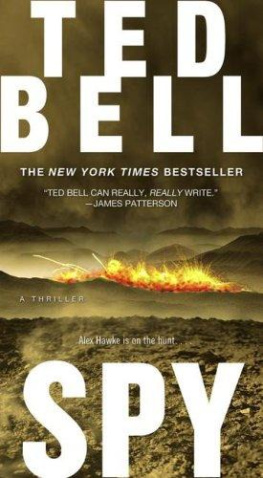

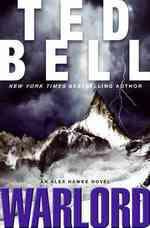
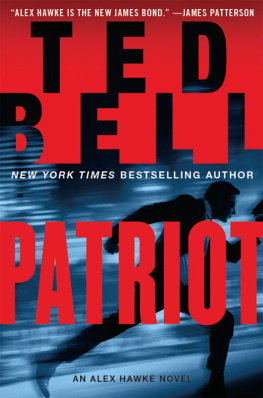
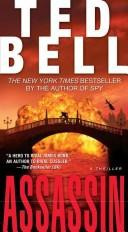
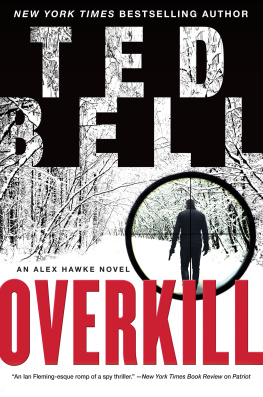
![Scott O’Hara - Five-Star Fugitive [= Border Town Girl]](/uploads/posts/book/907914/thumbs/scott-o-hara-five-star-fugitive-border-town.jpg)

